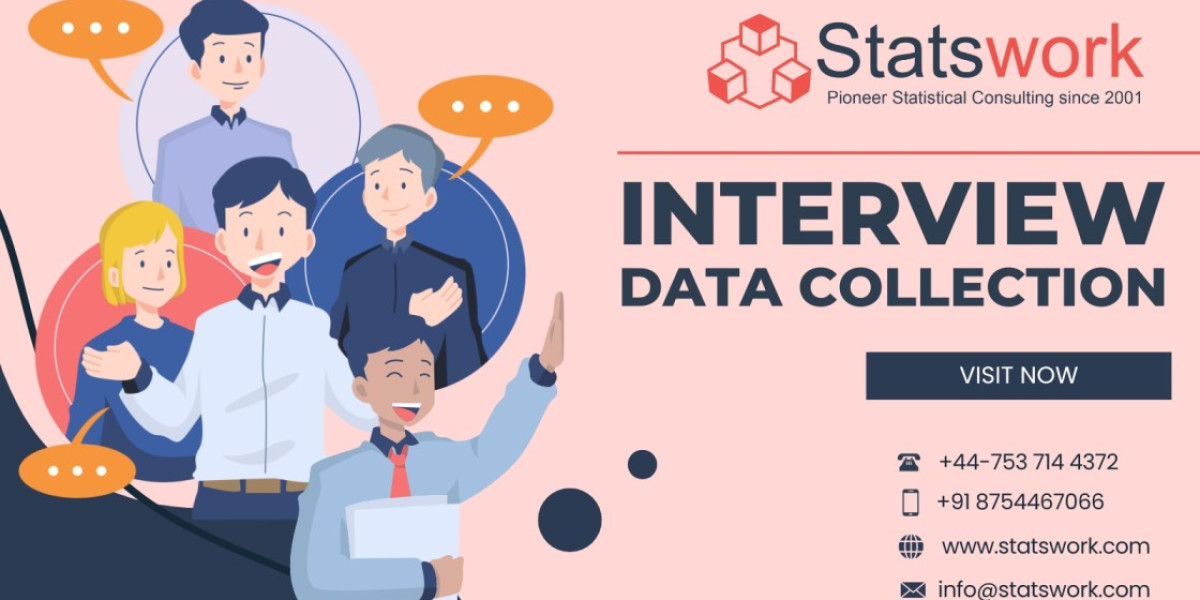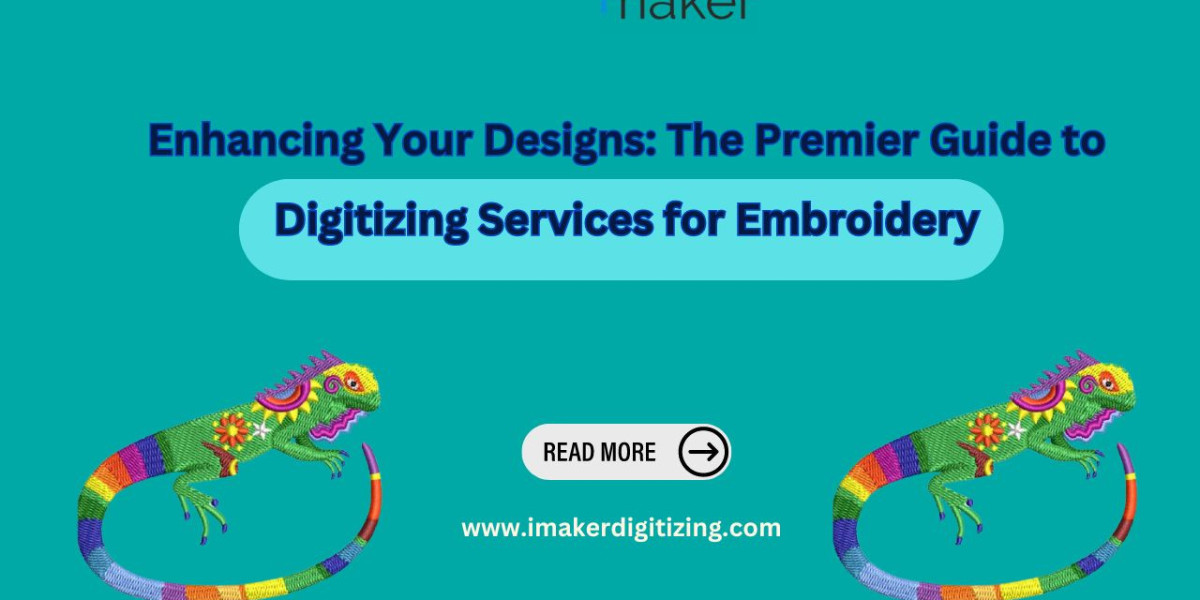Interview data collection stands as a cornerstone of qualitative research, offering deep insights into human experiences, perceptions, and behaviors. Whether you're exploring market trends, studying organizational dynamics, or conducting academic research, mastering the art of interview data collection is essential for gathering rich, contextual information. In this blog post, we explore the key strategies and methodologies to ensure successful interview data collection, including focus group and face-to-face approaches.
Understanding Interview Data Collection
What is Interview Data Collection? Interview data collection involves gathering information through direct interaction between an interviewer and a respondent. This interaction can take various forms, including face-to-face interviews, phone calls, video conferences, or even email exchanges. The goal is to elicit detailed responses that provide qualitative depth and context to research inquiries.
Types of Interviews
Structured Interviews: Structured interviews follow a predefined set of questions, ensuring consistency across respondents and facilitating comparative analysis. They are ideal for validating hypotheses and gathering specific data points in a systematic manner.
Semi-structured Interviews: Semi-structured interviews offer a flexible approach, allowing for deeper exploration of topics while maintaining a loose framework. They encourage open dialogue and enable interviewers to follow up on interesting responses or probe into unexpected insights.
Unstructured or Open-Ended Interviews: Open-ended interviews provide the most freedom for respondents to express their thoughts and experiences. They are valuable for uncovering new perspectives, generating hypotheses, and exploring complex phenomena in depth.
Methodological Rigor in Interview Data Collection
Designing Effective Interview Protocols: Craft clear, relevant questions that align with research objectives. Balance between structured and open-ended questions to gather both specific data points and nuanced insights.
Sampling Strategies: Select participants strategically to ensure diversity in perspectives and experiences relevant to the research topic. Consider demographic factors, expertise, and relevance to the research questions.
Conducting Interviews: Establish rapport with participants to create a comfortable environment conducive to open communication. Actively listen, ask probing questions, and record responses accurately to capture nuances and context.
Ethical Considerations: Respect participant confidentiality and privacy. Obtain informed consent before beginning interviews, ensuring participants understand the purpose, risks, and benefits of their involvement.
Advantages of Interview Data Collection
In-depth Insights: Interviews provide rich, qualitative data that offer deeper understanding and context compared to quantitative methods alone.
Flexibility: Interviewers can adapt questions and follow-up based on respondents' answers, exploring unexpected avenues of inquiry.
Personalized Engagement: Direct interaction allows for personalized engagement, fostering trust and encouraging participants to share candid insights.
Practical Applications of Interview Data Collection
Interview data collection finds application across various fields:
Academic Research: Exploring complex phenomena, generating hypotheses, and providing in-depth explanations.
Market Research: Understanding consumer preferences, behaviors, and motivations behind purchasing decisions.
Organizational Studies: Assessing employee satisfaction, organizational culture, and leadership effectiveness.
Policy Development: Gathering stakeholder perspectives to inform policy decisions and address community needs.
Focus Group and Face-to-Face Data Collection
Focus Group Data Collection: Focus groups bring together a small group of individuals to discuss specific topics. They facilitate dynamic interactions, uncover group dynamics, and provide insights into shared experiences and perceptions.
Face-to-Face Data Collection: Face-to-face interviews foster personal connections between interviewers and respondents. They enable nuanced understanding through non-verbal cues and encourage deeper engagement compared to remote methods.
Challenges and Considerations
Time and Resources: Interview data collection can be time-intensive, requiring careful planning and coordination, especially with large sample sizes.
Subjectivity: Interpretation of qualitative data can be subjective, necessitating rigorous analysis and triangulation with other sources of data.
Interviewer Bias: Interviewers' backgrounds and biases can influence responses, highlighting the importance of training and reflexivity in minimizing biases.
Conclusion
Mastering interview data collection requires a blend of methodological rigor, ethical considerations, and effective communication skills. By leveraging structured, semi-structured, or unstructured interview formats, researchers can uncover rich, qualitative insights that inform decision-making, drive innovation, and contribute to deeper understanding in their respective fields.
Whether you're embarking on a new research project or refining existing methodologies, the art of interview data collection remains indispensable for unlocking valuable insights and advancing knowledge.
For more information contact:
https://www.statswork.com
& https://www.statswork.com/contact-us/
Contact our Experts:
Our Email id: info@statswork.com
Contact No: +91 8754467066








